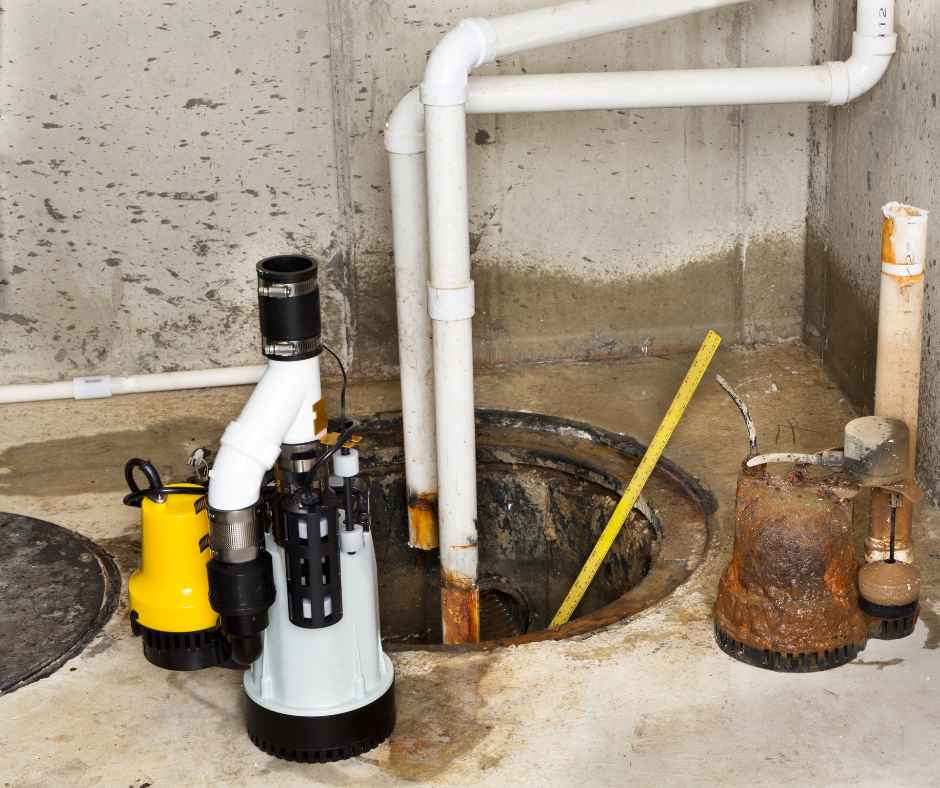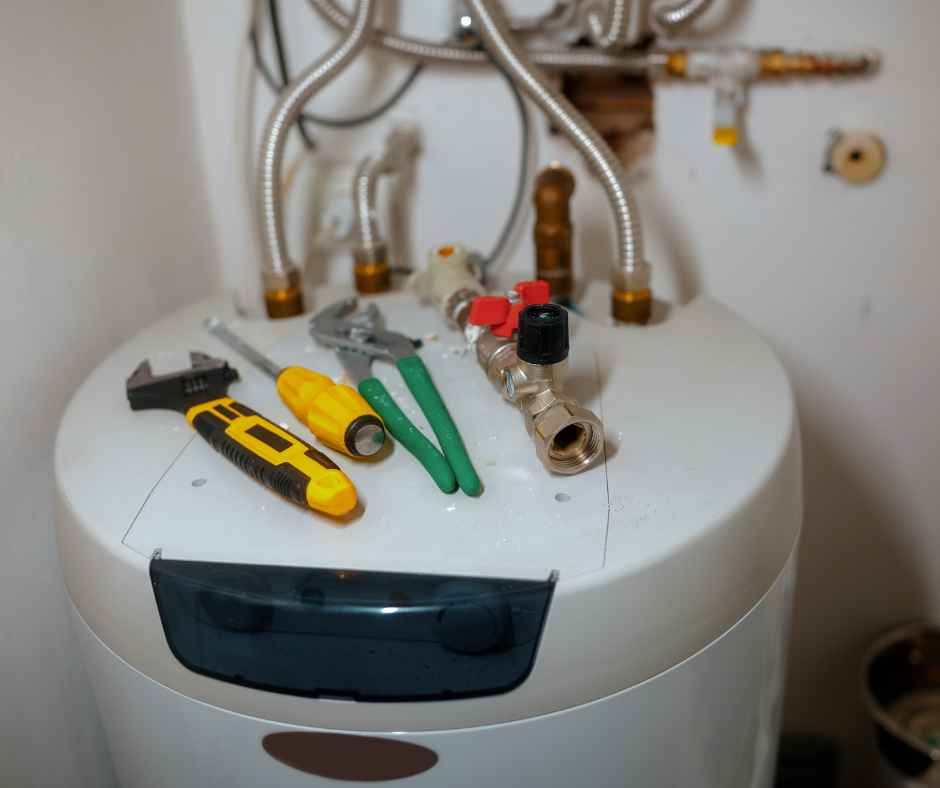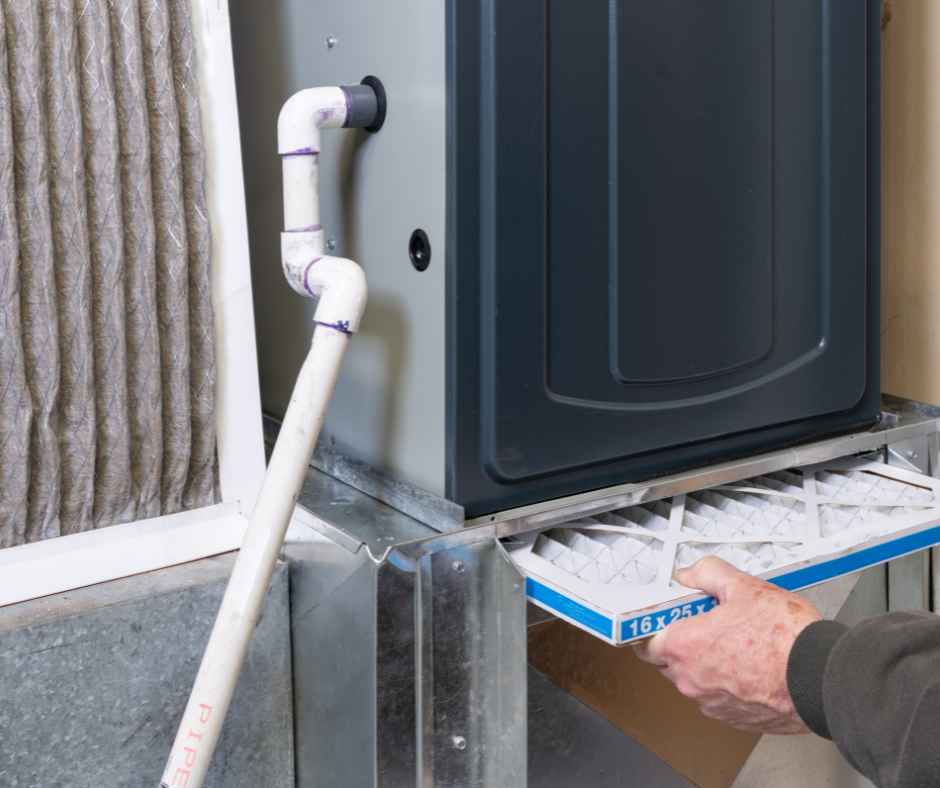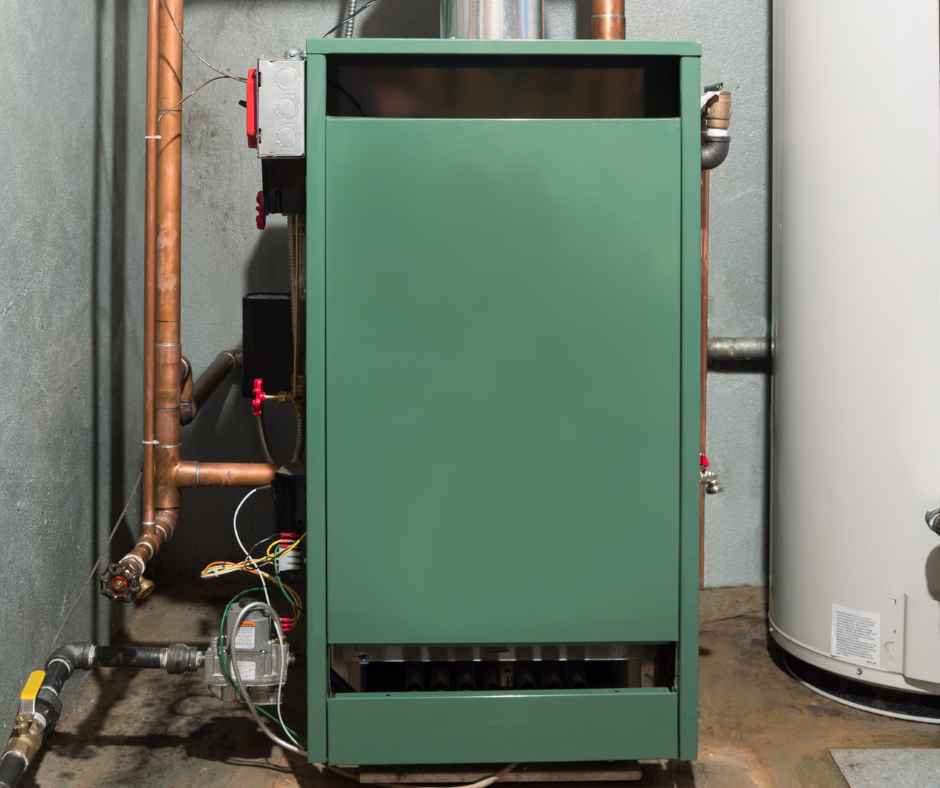0% APR Plus No Payments for 12 Months
on Select New Plumbing & HVAC Systems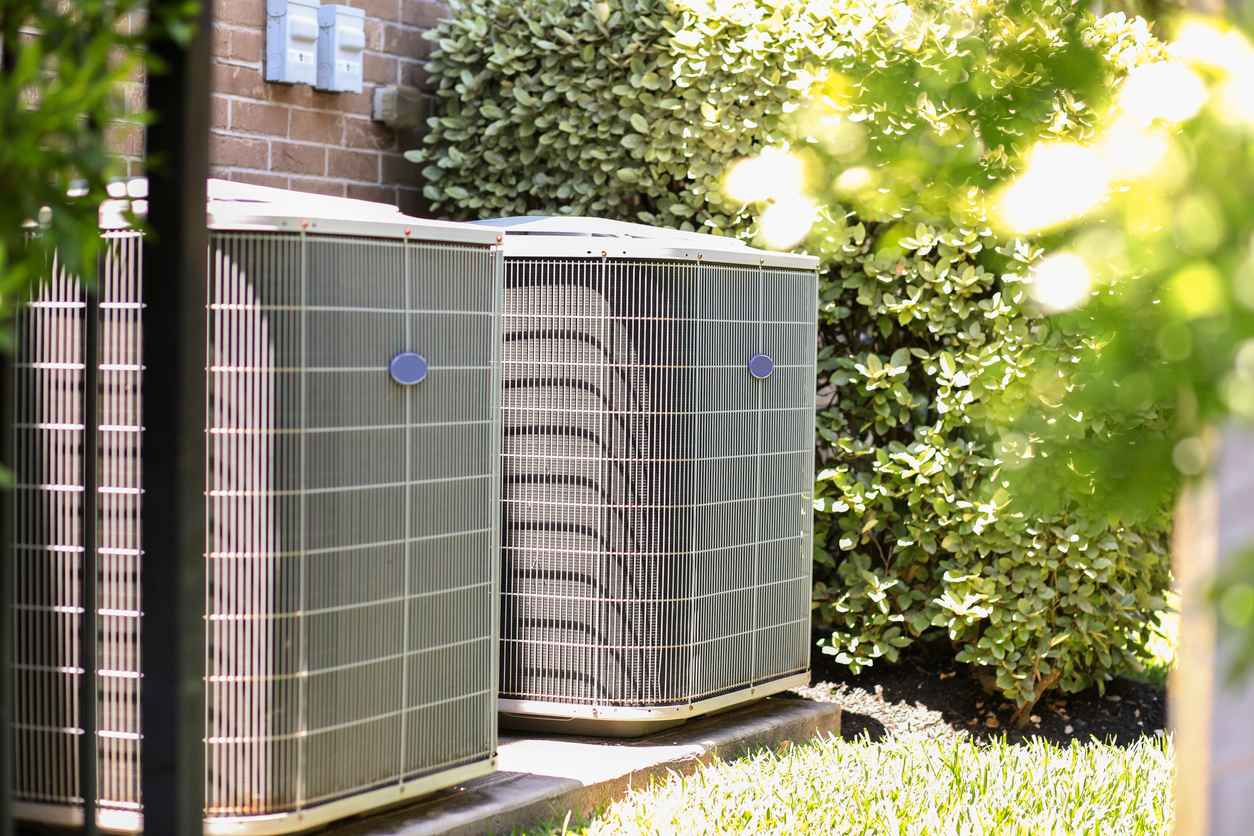
How Long Do AC Units Last?
Uncovering the Lifespan of an AC unit
In the sweltering summer heat, an air conditioner is a lifesaver – keeping our homes and offices cool and comfortable. But when that AC unit starts to age, or worse – breaks down, it can reduce your comfort levels significantly.
That’s why it’s important to understand the lifespan of an air conditioning system so that you are prepared to replace it if necessary. Staton Heating, Cooling & Plumbing will be uncovering the average lifespan of various AC units on the market today.
What is the Average Lifespan of AC Units?
The typical lifespan of different types of AC units can vary based on various factors, including the quality of the unit, maintenance practices, and the climate in which they are used. Here’s a general overview of the lifespan for three common types of AC units:
Central Air Conditioning
Central AC units are large, powerful systems that cool the entire home through a network of ducts and vents. On average, a well-maintained central AC system can last anywhere from 15 to 20 years. However, some units may continue to function efficiently for even longer with proper care and occasional repairs.
Window Units
Window AC units are compact and designed to cool a single room or a small area. They are generally less expensive than central AC systems but have a shorter lifespan. With regular maintenance and usage in moderate climates, window AC units can typically last around 8 to 12 years. However, factors like exposure to extreme temperatures and lack of maintenance can shorten their lifespan.
Split Systems
Split systems consist of an indoor unit (evaporator) and an outdoor unit (condenser) and are often used to cool individual rooms or specific zones in a home. When properly maintained, split AC systems can have a lifespan similar to central AC units, lasting between 15 to 20 years.
What Factors Affect the Lifespan of an AC Unit?
The lifespan of an AC unit is influenced by several factors. Understanding and addressing these factors can help prolong the life of the unit and ensure its efficient operation. Here are the key factors that affect the lifespan of an AC unit:
Quality of Installation
Proper installation is crucial for the longevity of an AC unit. If the installation is not done correctly, it can lead to various issues, including reduced efficiency, frequent breakdowns, and premature wear and tear.
Maintenance
Regular maintenance is essential to keep the AC unit running smoothly. Routine inspections, cleaning of filters and coils, checking refrigerant levels, and lubricating moving parts can prevent major issues and extend the unit’s lifespan.
Usage
AC units that are subjected to heavy usage, such as running continuously during hot summer months, may experience more wear and tear, potentially reducing their lifespan. Units that are oversized or undersized for the space they are cooling may also be under strain and wear out faster.
Climate
The climate in which the AC unit operates can have a significant impact on its lifespan. Units used in hot and humid climates typically work harder and may have a shorter lifespan compared to units in milder climates.
What Are Signs That You Need a New AC Unit?
If you notice any of these signs, it’s essential to have a professional HVAC technician inspect your AC unit to assess its condition and determine if repair or replacement is the best course of action. A reliable and efficient AC system will not only provide better cooling and indoor comfort but also save you money on energy bills in the long run.
Poor Airflow
Insufficient airflow from your AC vents can indicate problems with the unit’s blower motor, ductwork issues, or a failing compressor. In some cases, these issues may be repairable, but if they persist or are part of a larger problem, a new AC unit might be the better solution.
Refrigerant Leaks
If your AC unit frequently requires refrigerant recharging or if you notice signs of refrigerant leaks (such as hissing sounds or icy buildup on the refrigerant lines), it may be a sign of a serious problem. Continuing to use an AC with refrigerant leaks can damage the compressor and other components, making replacement necessary.
Constant On/Off Cycling
Rapid and frequent cycling of your AC unit can indicate an undersized or mismatched system, which leads to unnecessary wear and tear. This inefficiency can be resolved with a properly sized and functioning AC unit.
Air Conditioning Replacement in Maryland
Is your air conditioner constantly in need of repairs? It may be time for a replacement. If you’re finding yourself making frequent repair calls after a decade or more, it’s a clear sign that it’s time to start shopping for a new one. Trust Staton Heating, Cooling & Plumbing in Maryland for all your air conditioning system replacement needs. Contact us today to learn more about our services.


